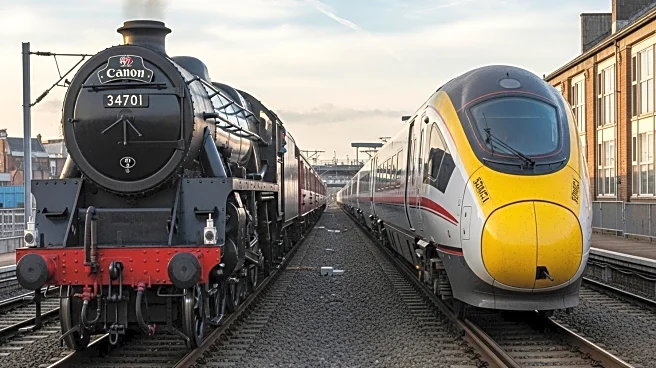Birmingham's evolution from a small market town to a major city is a testament to its resilience and adaptability. The city's timeline is marked by significant events and developments that have shaped its identity and role in the UK.
Origins
Birmingham's origins can be traced back to its establishment as a market town in the medieval period. Its strategic location in the West Midlands facilitated trade and commerce, laying the foundation for its future growth. The city's early economy was based on agriculture and small-scale manufacturing, with a focus on metalworking and textiles.
Key Phases
The Industrial Revolution marked a key phase in Birmingham's development. The city became a center of manufacturing and innovation, with advancements in steam power and mechanized production. Birmingham's network of canals and railways facilitated the transport of goods, further boosting its economic growth. The city's population expanded rapidly, attracting workers from across the UK and Europe.
Turning Points
The decline of traditional manufacturing in the late 20th century was a turning point for Birmingham. The city faced economic challenges as industries relocated or closed. In response, Birmingham's leaders implemented strategies to diversify the economy, focusing on sectors such as finance, technology, and education. This shift has been crucial in maintaining the city's economic vitality.
Present Status in Source
Today, Birmingham is a vibrant and diverse city, known for its cultural and economic contributions. The city continues to evolve, with ongoing investments in infrastructure and urban development. Birmingham's commitment to innovation and inclusivity ensures its relevance in the UK and beyond, as it embraces new opportunities for growth and development.

 Discover Daily
Discover Daily 






